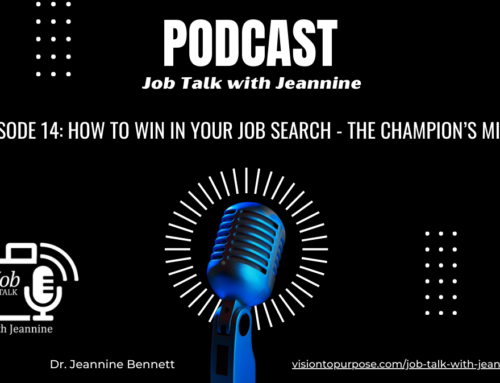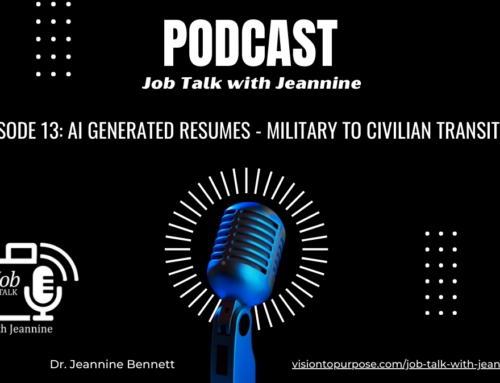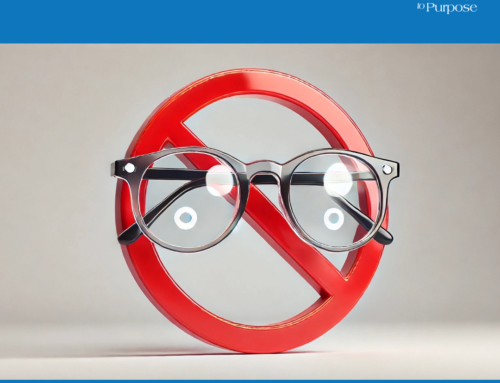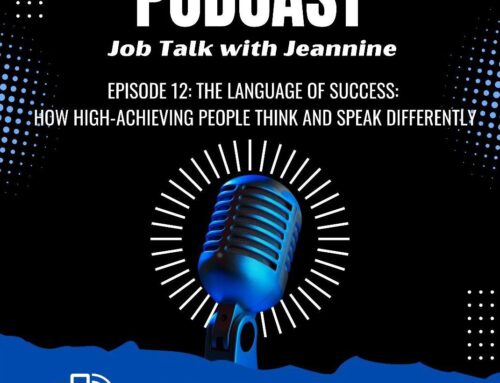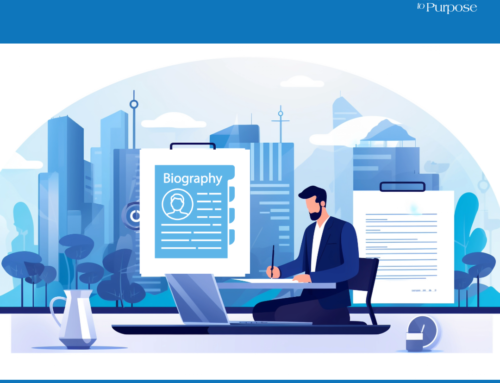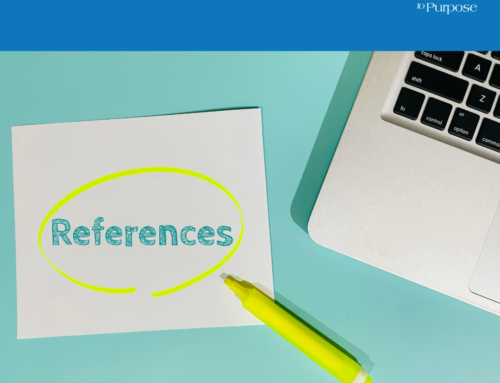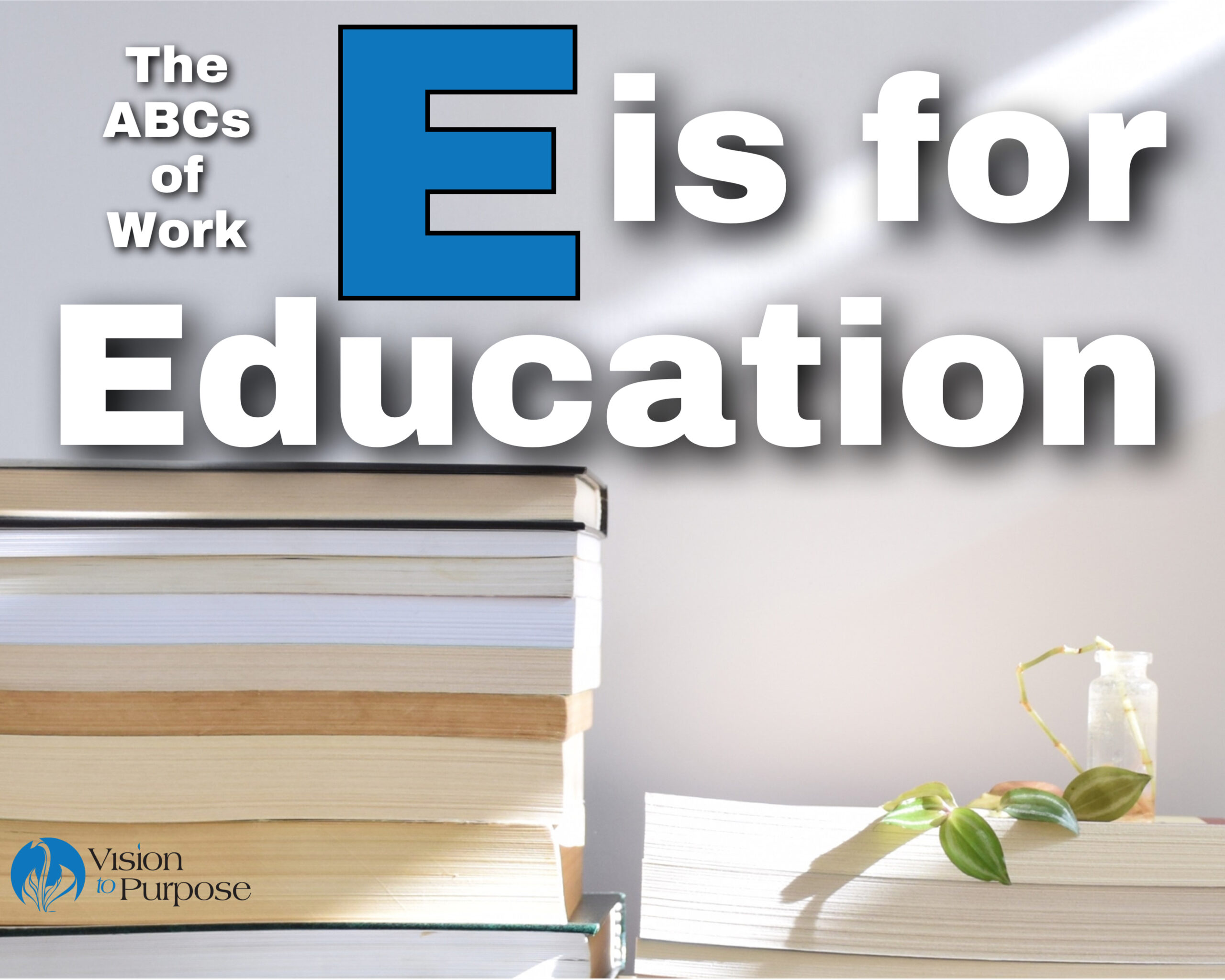
Getting an Education
My all-time favorite saying is, “You don’t have to have a degree to have an education.” I’m not sure if I came up with the quote or if I heard it somewhere, but either way, it resonated deeply within me.
It took me 17 years after high school graduation to earn my Bachelor’s degree. While I went to school on and off during those years, I was constantly learning. My informal education includes hundreds of books on health, natural healing modalities, self-improvement, and online courses in homeopathy (check out some of them here, here, and here).
Just because you pay money to read books and go to college classes doesn’t mean that you learn more from those books and courses. For example, while my education on health and homeopathy was informal, I’m learning a lot more than I did when I paid to go to school because I am passionate about these things. I can now talk confidently and authoritatively on most of these topics.
Education Doesn’t Require a Degree

While it’s true that some jobs, like doctor or lawyer, require an advanced degree, many positions don’t need formal higher education. However, many employers look for specific skills that do require some amount of training. In addition, employers love employees that take the initiative to better themselves to become more effective in their role.
Just think – if you took one course per month, by this time next year, you could potentially have 12 new skills or knowledge bases to contribute to your workplace. For example, you could learn a new skill in marketing or technology – two areas that almost always come in handy.
How to Learn Skills for Free

There are dozens – if not hundreds – of resources available to those of us with a passion and hunger for learning. There are classes on everything from Introduction to Consumer Neuroscience & Neuromarketing and Computer Programming to App Development and Ethical Hacking (no, I’m not kidding).
And if tech-type stuff isn’t your thing, you can find classes on The Science of Well-Being, 7 Scientifically Proven Steps to Increase Your Influence, and Speed Reading.
Getting an Ivy-League Education
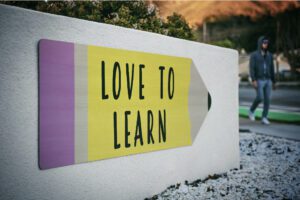
Believe it or not, some of these classes are from schools like Yale, Stanford, and Harvard. While not all courses are free, most are relatively inexpensive for the amount of knowledge you stand to gain. While poking around for this article, I noticed that many platforms offer a free trial so you can see if it’s something you want to spend your money on before fully committing.
In a recent Your Story Within podcast, I discussed many free and cheap resources for books, so I’m going to shift focus to online courses in this article.
Where to Find Educational Courses
If you do a quick internet search for “Free Online Classes,” you’ll find enough results to keep you busy for the rest of your life. Some of the most popular websites for online courses are Coursera, Teachable, Udemy, edX,LinkedIn Learning, Khan Academy, and Udacity. You can even check out Dr. Jeannine Bennett’s course, Breathe Life into Your Resume!
What course do you think you’ll try first?
 About the Author
About the Author
Melanie Lemus is the Communications Specialist for Vision to Purpose providing self-help, business, and career-focused topics. She lives in Virginia with her wonderful husband and witty daughter. Melanie loves her freedom – in Christ and America. She’s passionate about natural health and homeopathy, and she’s always down to take a hike through the mountains.
About Vision to Purpose
Vision to Purpose is an organization dedicated to helping individuals and businesses succeed by offering tailored career, life, and business solutions. We also help writers become published authors!
Need a resume writer? How about a writing coach? Perhaps a business consultant? Look no further; Dr. Bennett and the Vision to Purpose team can help! You can learn more about Vision to Purpose by visiting www.visiontopurpose.com.

